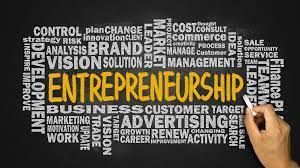Blockchain – A Fintech and Business Model Explainer
Blockchain – A Fintech and Business Model Explainer

During the latest episode of the ESG & Tech Show, I focused on the blockchain. It’s a topic that is gaining more and more traction all the time. It has the potential to disrupt many business models and is often mired in confusion. Therefore, it merited a proper discussion aimed at clarifying how it works, understanding how it could affect businesses and their respective interactions with customers as well as analysing the stocks set to be highly influenced by the blockchain’s growth.
Let’s compare a traditional bank transfer to that of a blockchain transaction to set the scene. If I was to send money to you, then it would move from one bank account to another. The record would be stored on the bank’s system and it would change the balance on my account. If the bank’s data system was hacked, then the hacker could find details of that transaction and unfortunately, there is a range of different ways that financial fraud is committed.
In contrast, if a transaction happens on the blockchain, it’s recorded on “distributed ledger”. That means that it’s publicly available and so, anybody can see the transaction has occurred between two different parties (which implies how transparent it is). Therefore, the data can’t be hacked because it’s publicly available. All these transactions go into a “block” and then this block of transactions is connected together through a digital seal so that when joined together, they make up the “blockchain”. Finally, to change any of these historical transactions, one would also need to change not just the block with that specific transaction but the whole blockchain back to the beginning, which is almost impossible.
Watch the recording of the ESG & Tech webinar Blockchain - A Disruptor below:
Therefore, the blockchain is described as decentralised, immutable and transparent.
7 blockchain business models
In a piece published on “Business Model Analyst”, there are seven different business models created out of blockchain technology:
- Token economy
In the episode, I described how people who use Trip Advisor are given social badges based on their feedback. For example, I recently went on “Dublin Delicious Tours” and left a review for others to give them some insights into the experience. On the other hand, given that we exhibited at the VFB show in Antwerp, I wanted to read other peoples’ experiences of the city on the same site so that I could get some ideas of what to do before flying home. Rather than incentivise people to engage with genius badges or discounts, the token economy can lead to new cryptocurrencies being offered to people who participate in certain activities. Keep an eye out for “social tokens”.
- Blockchain as a service
This refers to when a person or business who wants to create their own blockchain or join another larger digital network. For example, Amazon Managed Blockchain is a “fully managed service that makes it easy to create and manage scalable blockchain networks using the popular open source frameworks”.
- Development platforms
Another way that people in business describe blockchain is as a “track and trace” system. To give you a very specific example, the world’s first blockchain beer was brewed in Northern Ireland which “enables the consumer to find out the provenance of the beer – ingredients, supply chain, methods of production – by scanning the graphic on the label (which looks like a bar code) with a smartphone.” In fact, I interviewed Shane McCarthy himself about how the blockchain records all of the beer’s “transactions” i.e. the inputs and how they progressed through the supply chain to arrive at the product which consumers can drink. Of course, these track and trace systems ultimately have to be designed and built and that is a new business model in itself.
- Blockchain Based
Some software packages include blockchain technologies as part of their overall offering. In fact, businesses who have been able to successfully execute any one of the aforementioned business models are prime acquisition targets for a company who wants to leapfrog their way into this fast-growing area.
- Network Fee Charge
If an end user wants to send money to the originators of music (or other art), they can do so through the blockchain so that there is more connection between the person enjoying the output and the original creator. According to a Charged piece, “Spotify is planning to add blockchain technology and non-fungible tokens (NFTs) to its streaming service, as excitement grows over the possibility of NFTs boosting artists earnings” and on 10th May 2022, Instagram announced “Creators are using new technologies like NFTs to take more control over their work, their relationship with their fans, and how they can monetize. At Meta, we're looking at what creators are already doing across our technologies in order to improve the experience, help them create more monetization opportunities, and bring NFTs to a broader audience.”
- Blockchain professional services
This describes the professional services and consultancy offerings that are emerging with the dawn of something new. From change management programmes, strategic reviews on a macro level to very specific initiatives like dApp (distributed app development or considering how blockchain is leading the “triple entry accounting system”.
- Peer-to-peer blockchain business model
Imagine if you could send money to another person but without a business (e.g. Revolut) or a bank or a peer to peer currency broker (e.g. TransferMate). If you were to eliminate the bank, the auditor and the regulator with a view to using a transferable system whereby the process was self-regulating and immutable, then you’re imagining exactly what the peer-to-peer blockchain business model could work. If you’re able to envision this in your mind’s eye, then you’re also likely coming up with the big changes there would be in both industries of banking and auditing if this was to happen en masse.
Of course, blockchain has been connotated with negative points too whether it’s the volatility of cryptocurrencies (which shouldn’t be used interchangeably with the technology underlying them), the energy supply a blockchain needs for miners to create the digital seal in between the blocks as well as how there can be tradeoffs between scalability, efficiency and security.
Independent of your own take on blockchain, arguably, it truly has the capacity to be disruptor in many areas of business. Perhaps it could be useful for you to understand how it may be useful for your clients or your may see applications for your own business. Alternatively, maybe it’s worthwhile to be aware of this growing trend out of interest or from a career development point of view. Watch this fintech space!
Sign up for our newsletter here to keep up-to-date on future blogs & events.




